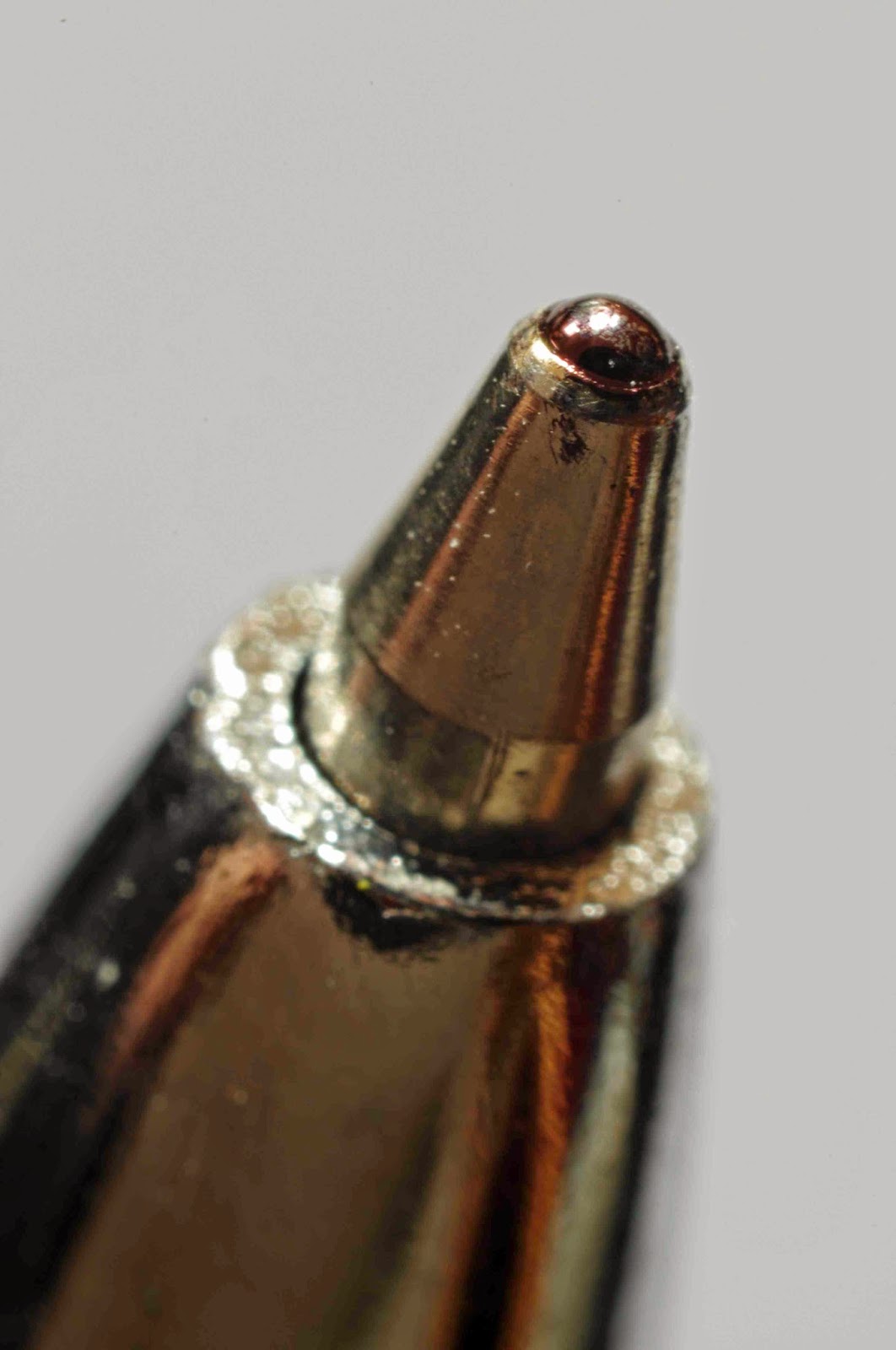"The only thing necessary for the triumph of evil is for good men to do nothing."
Edmund Burke
Have you been watching
Utopia? The bold, if concise TV series showing late-night on Channel 4. You may have read the outrage in some newspapers about the violence in the programme - shown at 10pm well past the watershed- or the complaints about its alleged immorality. I would argue that Utopia is the most morally righteous programme on TV right now. Why? Because it deals with consequences. It deals with the consequences of choices that people make, or refuse to make.
The violence in the programme has a cost. When characters die, they are characters that we have come to know, even if briefly. They have names, motivations, back stories. We see the consequences not just on the survivors but on those who pull the trigger, and how this changes them.
However, the story has a bigger canvas than this. The catalyst for the story was a group of people on the hunt for a fabled graphic novel called
The Utopia Experiments. Their search throws them in the way of an organisation called the Network. But this is where the simple us vs them dynamic hits a roadblock, and where the heart of the series resides. The network was set up as a direct result of one attempted genocide, to try and prevent another. Philip Carvel, genius scientist and holocaust survivor sees all too clearly what people are capable of when resources are short and society breaks down. Combined with the threat of over-population, representatives of the network pose the question: what happens when the worlds resources start to run out? How will the resources be divvied up? How will people react? When even governments are failing to deal with the issue of over-population and dwindling resources isn't it better to act now? Because to willfully ignore the problem will lead to chaos and murder. Isn't it better to simply reduce the population to give the next generation a fair chance?
In this context the extreme nature of their actions can be understood, but can they be condoned? Their solution involves sterilising, even killing, large swathes of the world population. How far do you go to protect the human race, and how can murder be used to justify the prevention of murder? And isn't mass sterilisation going to cause social breakdown anyway?
So what prevents this from becoming a cut-price Bond movie? For me it is the very mundane nature of everyone involved, I can relate to it. Even members of the network are shown to be just as flawed as the original protagonists, just as vulnerable. The series shows ordinary people caught up in this debate, making choices both wise and rash. And always there is the question of what to do, what can be done? And who, if anyone, is supposed to make those decisions? The dynamic of the show keeps on changing and I find it a challenge to keep up.
What would you choose to do?



